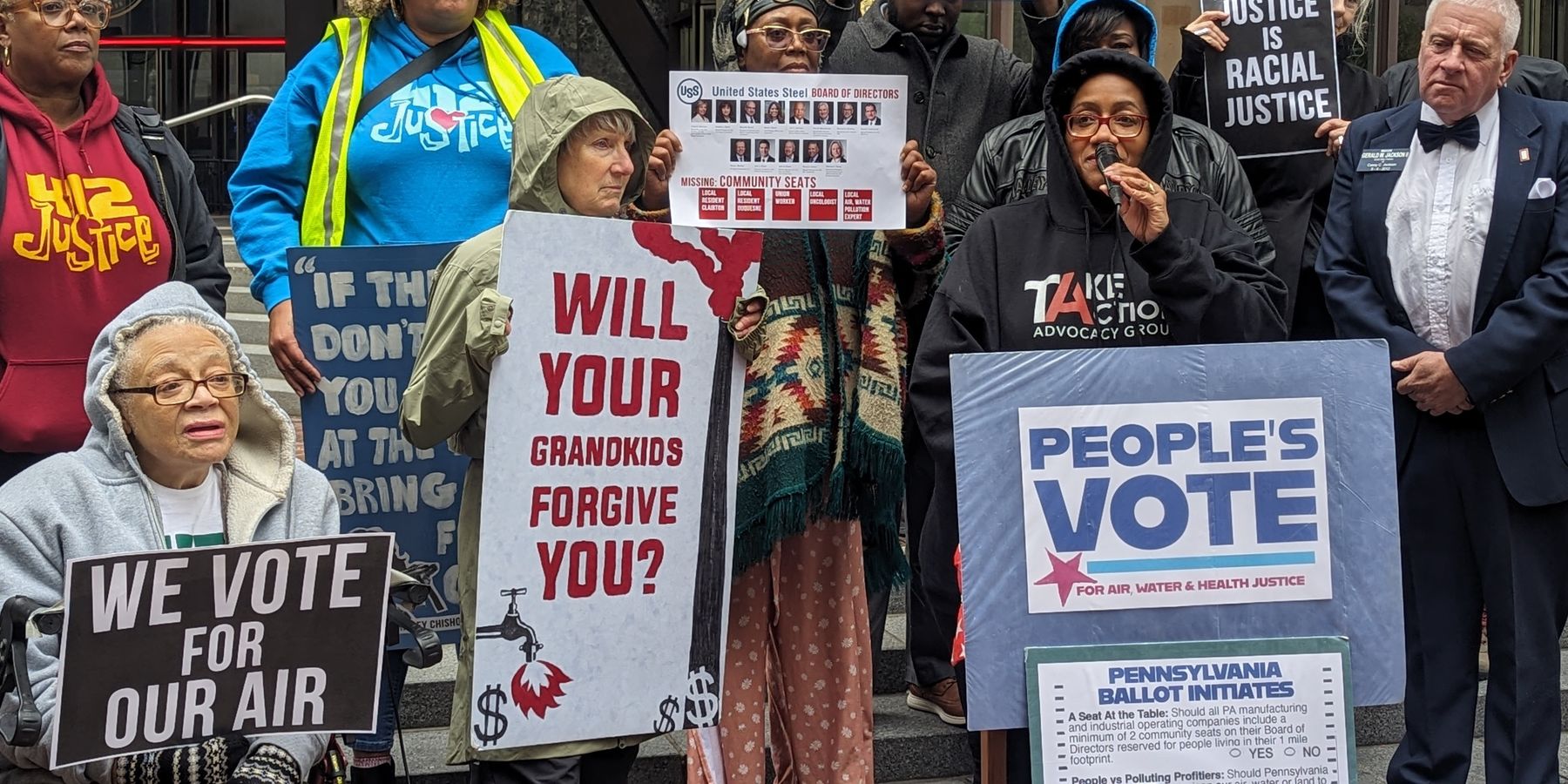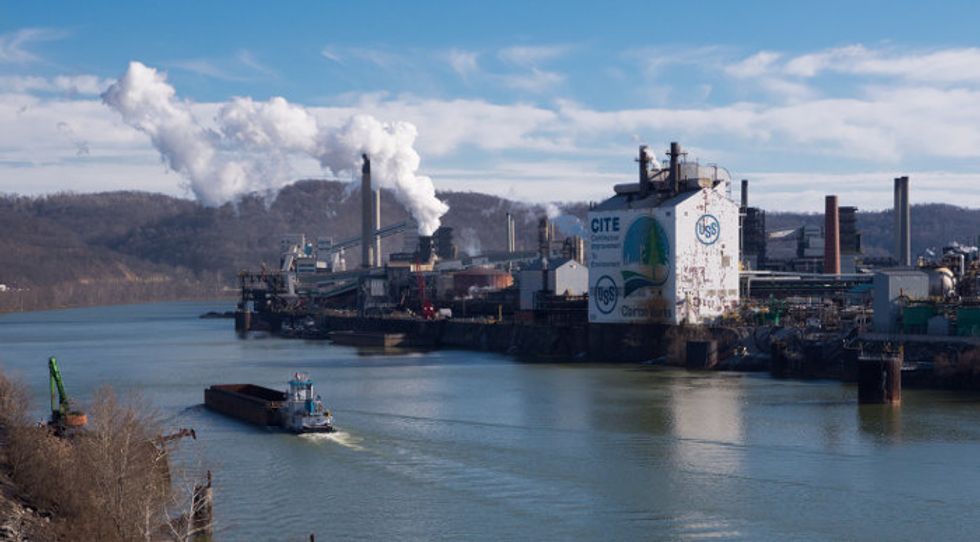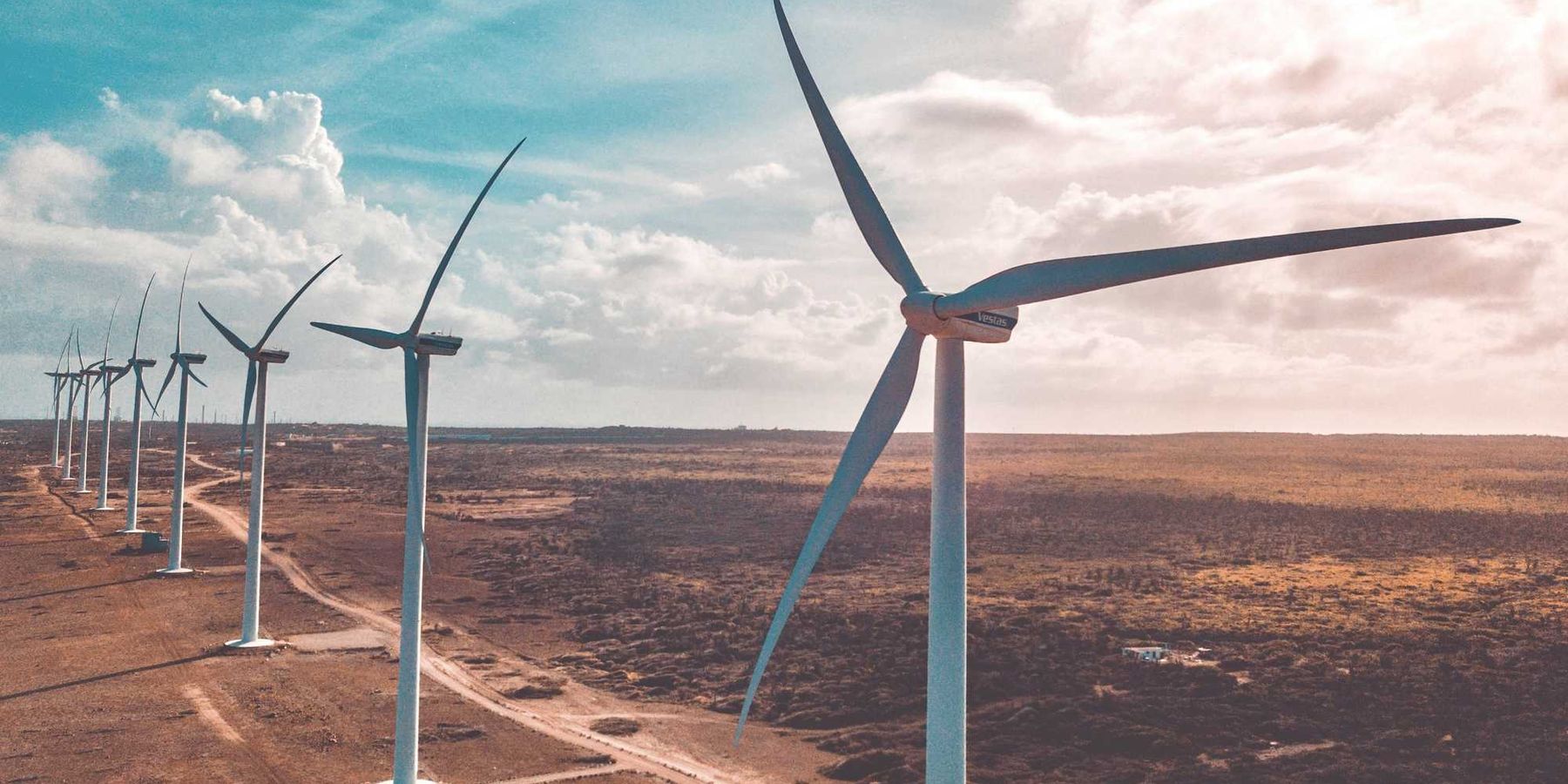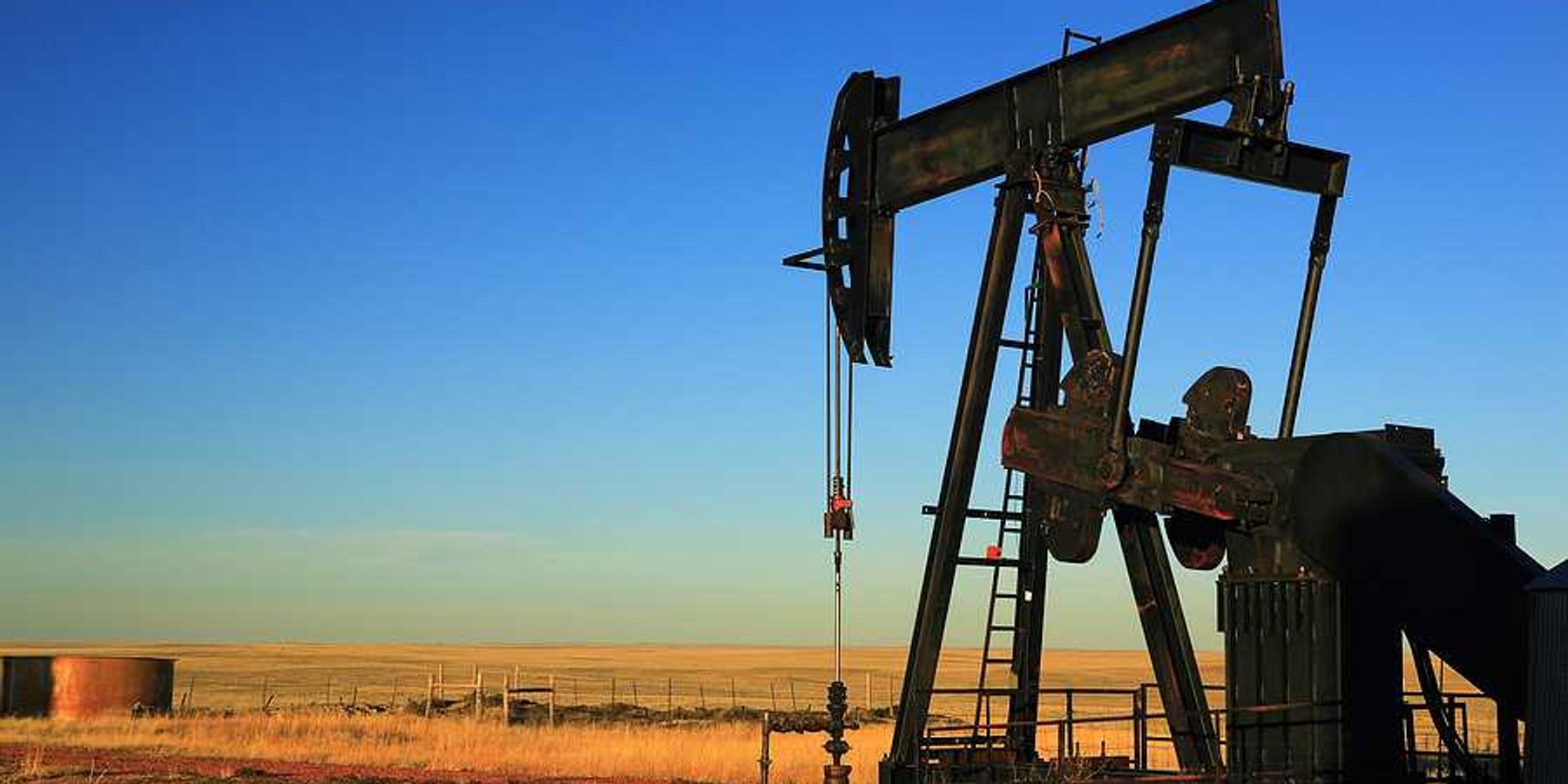
As Biden prepares to block the sale of U.S. Steel to Nippon Steel, pollution concerns persist in Pennsylvania
“Pennsylvania steel communities have lived with dangerous air quality for generations. That needs to end.”
PITTSBURGH — Amidst recent news that President Biden plans to block the sale of U.S. Steel to Nippon Steel on national security grounds, communities near the company’s plants in Pennsylvania say their concerns about pollution are still ignored.
While news about the merger has created political ripples nationally and internationally, members of environmental justice communities in the Pittsburgh region that have experienced elevated risk for asthma, lung disease and cancer for generations as a result of U.S. Steel’s harmful emissions say their voices aren’t being heard.
“Despite the drama in the press, the real issues remain the same,” Matthew Mehalik, executive director of the Breathe Project, a coalition of more than 30 groups advocating for more stringent air pollution controls in the region, said in a statement. “The ongoing threats from pollution from outdated and leaking coke and steel plants…need to be addressed.”New federal coke oven regulations

U.S. Steel's Clairton Coke Works.
Credit: Mark Dixon/flickr
Emissions from coke ovens, which convert coal into coke, a key ingredient in steelmaking, include chemicals like benzene, formaldehyde and heavy metals. Coke oven emissions are carcinogenic and are also linked to lung and respiratory disease.
There are coke ovens in 11 locations throughout the U.S., including Indiana and Alabama, but the largest coke plant in the country is U.S. Steel’s Clairton Coke Works, about 16 miles southeast of Pittsburgh. Communities surrounding the plant regularly see some of the highest daily air pollution levels in the country. U.S. Steel also has several other steel making facilities in the Pittsburgh region.
On July 5, the U.S. Environmental Protection Agency (EPA) imposed new regulations for coke ovens to reduce hazardous emissions of chemicals like benzene, mercury, lead and arsenic. Under the federal Clean Air Act, the EPA is supposed to update coke oven regulations every eight years, but it hadn’t done so since 2005, and it only issued the new rules after being sued by environmental advocacy groups over the delay.
"For decades, the EPA has ignored setting coke oven standards, allowing cancer-causing pollutants to harm communities in Pennsylvania, Alabama, Indiana, Michigan and Ohio,” Tosh Sagar, an attorney for Earthjustice, one of the advocacy groups that filed the lawsuit, said in a statement. “These communities have suffered enough."
A Pittsburgh-based U.S. Steel spokesperson said in a statement at the time that the company was “concerned” the new rules would result in “unprecedented costs” and called them “unachievable.” But environmental health advocates say the new rules don’t do enough to prevent cancer in people who live near these facilities.
“These communities have suffered enough." - Tosh Sagar, Earthjustice
On September 3, a group of environmental health advocacy groups including the Clean Air Council and PennEnvironment filed another federal lawsuit against the EPA demanding stronger regulations for benzene, saying the recently updated rules will still result in communities downwind from coke oven plants being exposed to dangerous levels of the carcinogen.
Air monitoring devices around U.S. Steel’s Clairton Coke Works and other coke plants by the Environmental Integrity Project, an environmental advocacy group, have detected dangerously high levels of benzene.
Meanwhile, U.S. Steel executives recently threatened to shut down the company’s Pittsburgh-area facilities and move its headquarters away from the region if Biden blocks the Nippon Steel deal, saying that as many as 3,800 union jobs in the region would be lost as a result.
“Subjecting the community to ongoing uncertainties about its future by threatening to move headquarters away and shut the plant down in a negotiation ignores the real social harms experienced by residents and workers who are manipulated without regard for their wellbeing,” Mehalik said. “Stop the 150-year trend of ignoring people impacted by harmful investment decisions.”
Continued use of coal in steelmaking
In April, residents of the Pittsburgh-area communities where U.S. Steel operates held a protest at the company’s corporate headquarters in downtown Pittsburgh to call attention to the company’s history of violating environmental regulations and harming the health of workers and residents amidst news of the potential merger.
The protesters noted that the company has a long history of breaking promises to clean up its operations in the region, pointing to the reversal of plans to make $1.5 billion in equipment upgrades that would have substantially lowered harmful emissions at its Pittsburgh-area plants while providing the region with up to 1,000 additional union jobs in 2021 as a recent example.
Climate advocates have also used news about the merger to raise awareness about both U.S. Steel’s and Nippon Steel’s continued reliance on coal, in contrast with competitors in the industry that are decarbonizing by expanding their capacity for green steelmaking.
Nippon Steel has pledged to spend $2.7 billion upgrading U.S. Steel’s plants if the deal goes through, including at least $1 billion in the Pittsburgh region, prompting U.S. Steel employees who support the deal to demonstrate outside U.S. Steel’s Pittsburgh headquarters with signs reading, “Nearly $3B reasons to say yes,” but environmental health advocates remain wary.
“Throwing around $3 billion figures about vague investments further subjects our region to stressful uncertainties without specific solutions to real community needs,” Mehalik said. “Talk to residents. Listen to what they need.”













